Look up DIY cleaning solutions on the web and you’re bound to see distilled white vinegar as a go-to ingredient. From descaling coffee makers to making windows and glass sparkle, vinegar (often diluted with water) is an eco-friendly, inexpensive, and nontoxic cleaner. But it’s not meant for everything. In fact, some surfaces can be permanently damaged by Clean with Vinegar .
Here are 9 things that you should never clean with vinegar and what to use instead.
Kitchen Knives
The acid in vinegar can corrode the metal and dull edges. Simply wash your knives with soap and warm water and dry thoroughly before storing.
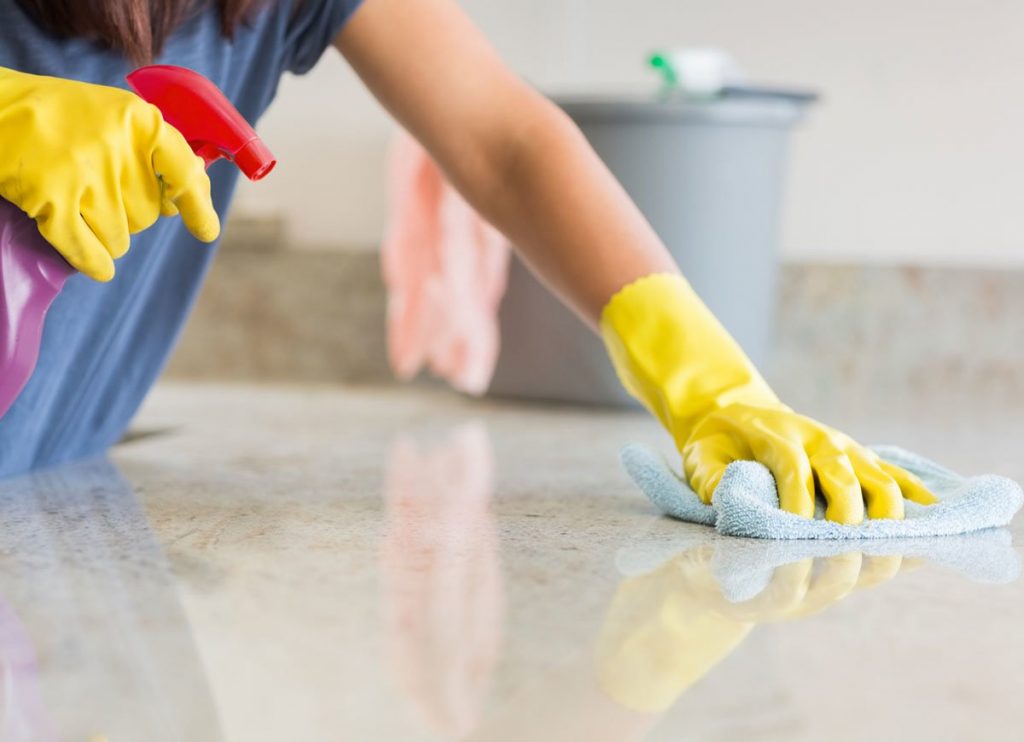
Natural Stone.
Vinegar can dull the surface of natural stone counters like marble and granite, and even cause surface defects. A little mild soap and water is all you need.
- Ceramic Tiles. Another surface that does best with a gentle soap and warm water. The acid in vinegar can eat away at grout and dissolve the finish on ceramic tile.
- Hardwood Floors. You might find mixed reviews on this one. While some swear by the cleaning power of a 50-50 mixture of white vinegar and water on hardwood, others claim that this solution can dull the surface and eat away at the finish. For best results, choose a specially formulated hardwood floor cleaner and use as directed.
- Wood Furnishings. Wood furniture should never be soaked in any water-based cleaning solution. Additionally, undiluted vinegar can leave unsightly streaks and damage the finish. Use a little oil to gently polish wood furniture.
- Dishwasher. While vinegar is often recommended as a rinse aid, over time it can cause rubber hoses and gaskets to deteriorate. Use products specifically formulated for dishwashers.
- Washing Machine. As with the dishwasher, vinegar can damage rubber components inside your washing machine to deteriorate. For stubborn laundry stains, try products made for the task that won’t cause damage to the machine.
- Clothes Iron. Some manufacturers recommend using a vinegar solution to get rid of scale. Check the instruction manual to be sure. To cut down on scale in the first place, only fill the reservoir with distilled water and empty it after each use.
- Computer and Cellphone Screens. Vinegar can strip the protective coating on electronics. Simply wipe with a clean microfiber cloth to remove dust, and use a little isopropyl alcohol to wipe away bacteria and germs.
You know what vinegar is GREAT for? Unclogging your sink drains when combined with baking soda and flushed with hot water. The combination also works well to prevent clogged drains in the first place. Still, and even with the best of care, you’re bound to have a drain clog that no amount of DIY remedies can resolve. When that day comes, contact Norhio Plumbing so we can come to the rescue, just like always.

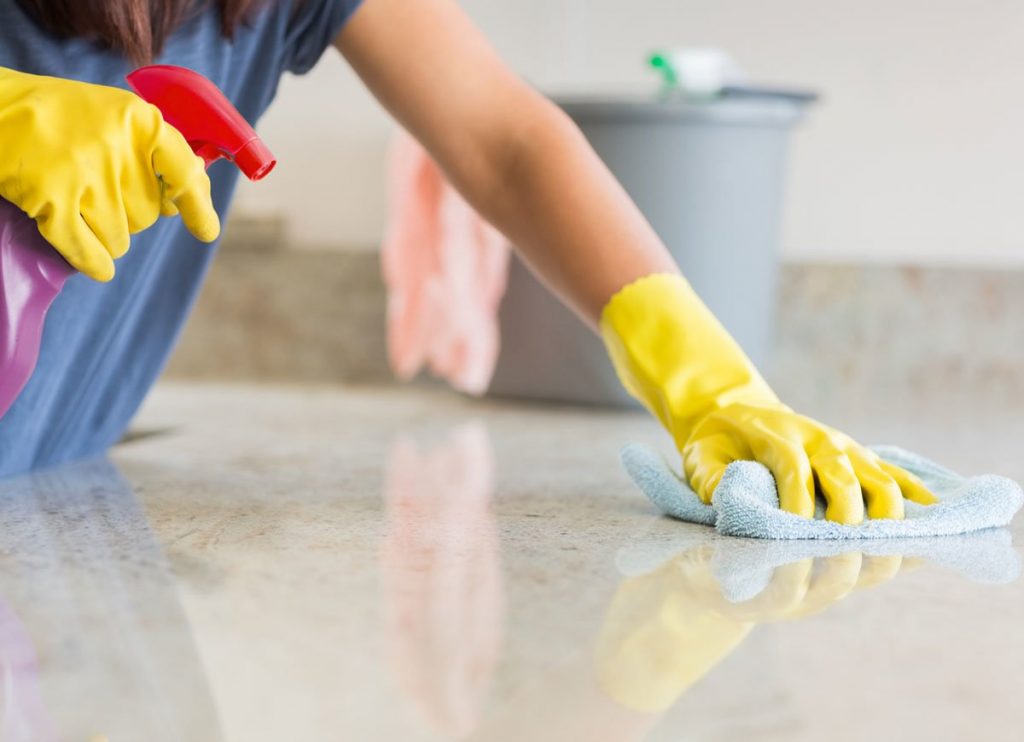
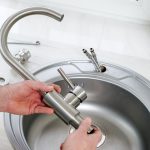


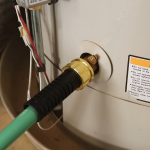

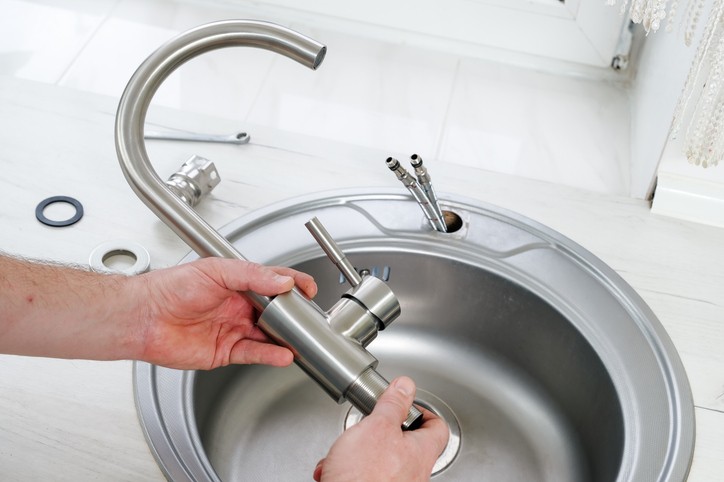
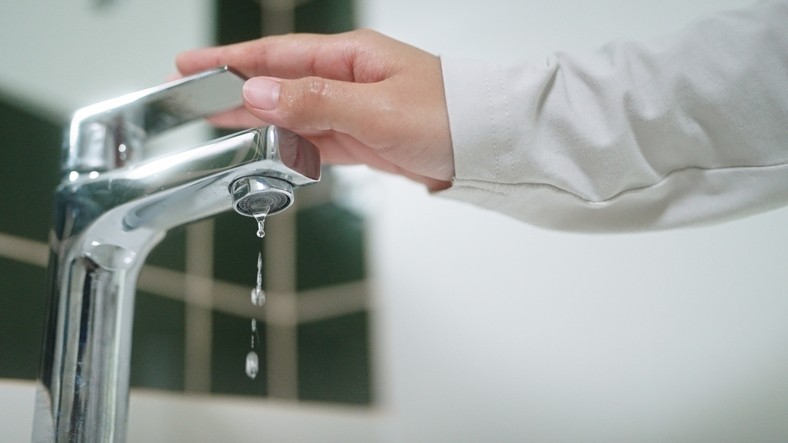
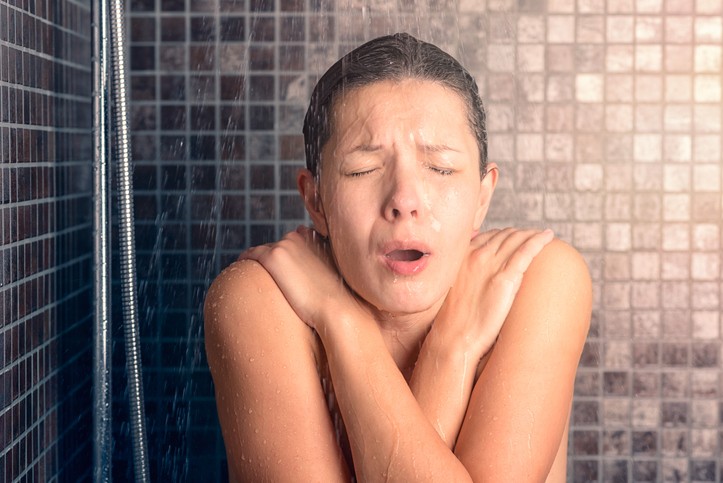
Leave a Reply